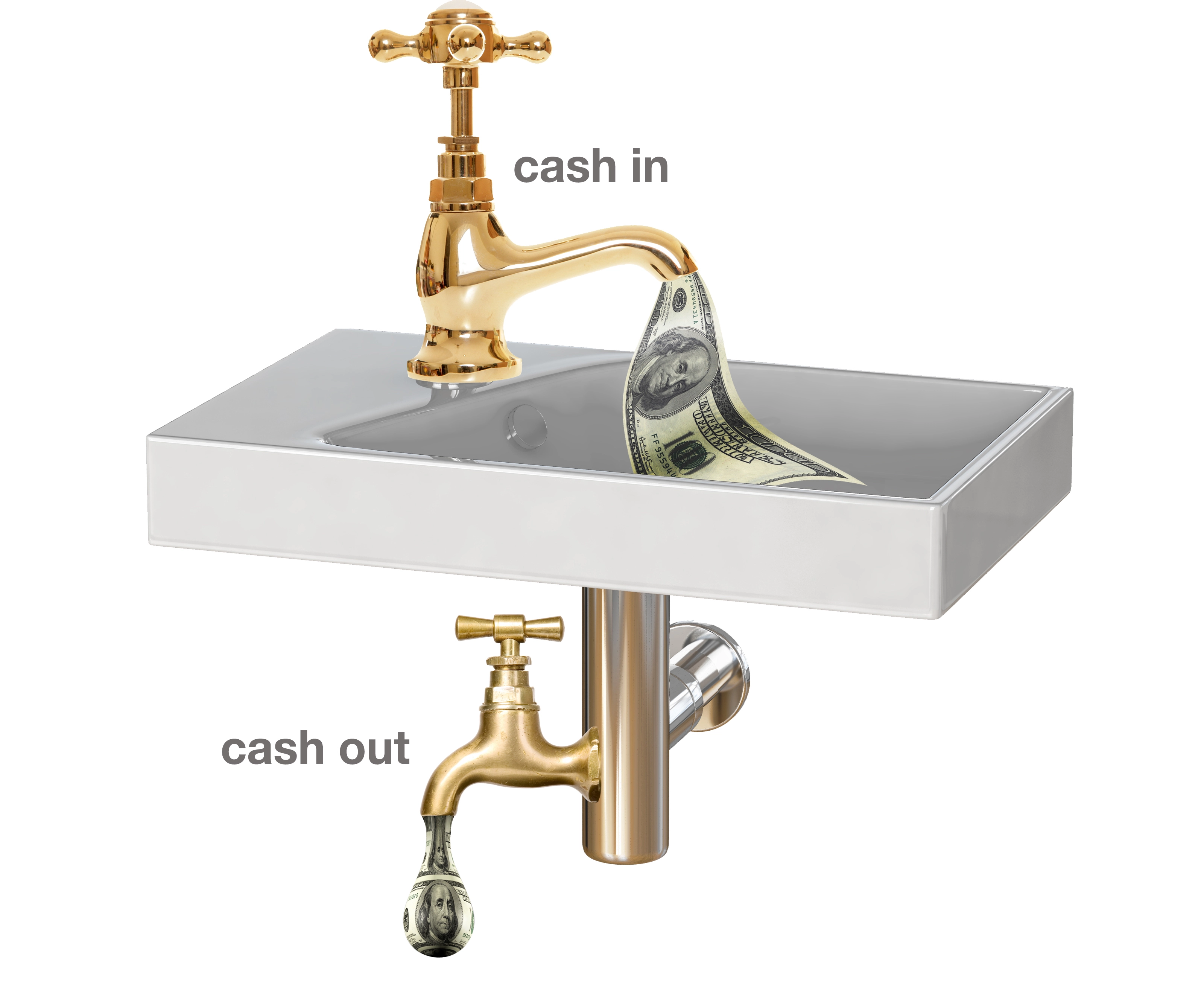Please celebrate the heat — this is the time to generate profitable sales. Please save cash — it is your rainy-day fund when it is slower.
Here are a few quick tips for CSRs when it’s hot.
When it gets busy CSR/dispatchers, tend to talk about what customers feel are excuses — even though they are true. How many times have you heard your team members do the following?
- Tell customers the company is busy.
- Tell customers the technicians are working overtime.
- Tell customers they don’t have enough technicians to handle the calls coming in, etc.
These are the company’s problems. Customers don’t care about these excuses. They don’t care about the customers ahead of them. They don’t care technicians are working overtime. And, they don’t care the company doesn’t have enough technicians to handle the work.
Customers care about getting their problem fixed.
When your CSRs speak with customers on the telephone, they must tell them what they can do, not make excuses about company problems.
When it’s hot, everyone knows it’s hot. You might get a few customers who say, “I know that I shouldn’t have waited.” But these are few and far between. Your CSR’s job is to take care of each customer and make them feel you will do everything possible to get that customer’s problem taken care of quickly — not tell that person you are busy.
Pecking Order
Remember, maintenance agreement customers come first. If there is a problem with their system, these customers go to the head of the line. ALWAYS in front of a COD call for a potential customer who has never used your company.
Someone who has not used your company in the past is probably calling all contractors they can find. They might schedule a call with your company and your five closest competitors. Whoever gets there first, gets the work — and it might not be your company.
Here is how your CSR can find out whether a caller has used your company in the past:
- Most new software packages have caller ID attached to them. Then, the caller ID searches your database to see if the caller is a customer. If the caller is a customer, it brings up the customer information.
- Then, the CSR says: “This is [NAME]. What address are you calling about?
- Even if the computer software recognizes the telephone number, the caller might be calling for their mother, or another person. Or the customer may have moved and kept the phone number. Or the caller might be a referral from an existing customer. It is important to know the address.
- If the caller’s phone number is not in your system, the CSR says, “I don’t see your telephone number in our computer system. Is this the first time you are calling?”
- Assuming the customer says yes, then the CSR/dispatcher says, “Thank you for calling. How did you find out about our company?” This is where you find a referral, saw your truck in our neighborhood, etc.
- The caller tells the CSR/dispatcher how they found the company.
- The CSR/Dispatcher says, “How can I help you today?”
- If the caller starts asking questions about pricing — how much it costs to come out, etc. — the CSR/Dispatcher DOES NOT answer the question. Instead, they say, “It sounds like you’re having an issue with your cooling system. Can you tell me about it?”
No potential customer calls to talk about the weather. They have a problem with their cooling system. Most of the time, if the caller has called five other companies, this is the first time anyone asked about a problem. More than likely, you will get the service call.
CSR Don’ts
There are a few phrases your CSRs should never use:
- Can’t, No, or any other negative word.
- We’re busy.
- It’s our policy to …
These words only make an upset customer even more upset. I’ve heard many times, “I don’t care that you’re busy!” or “I don’t care what policy is; break it!” (or words to that effect).
Put a list of the words and phrases with “X’s” through them where the dispatcher and customer service personnel can see them. Put the right phrase next to them. They will get the idea and start using the right words and phrases.
Asking questions, using positive words, and eliminating excuses from their vocabulary help CSRs have less stress.






